What's the Yemen conflict really about?
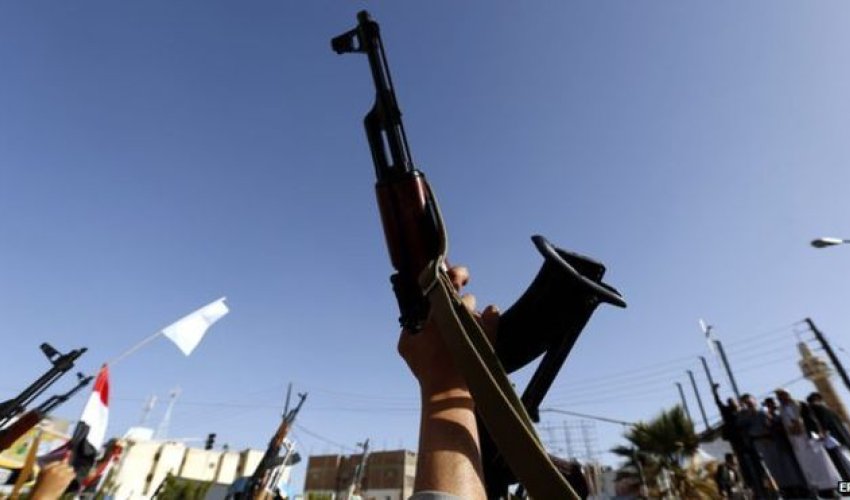
In recent months Houthi rebels from the north have swept through Yemen, capturing the capital, forcing the president into exile and laying siege to the southern port of Aden. Are geographical rivalries the key to the conflict?
The Houthi are Shia Muslims, supported by Iran. The rest of Yemen is mostly Sunni Muslim, and Saudi Arabia is leading a bombing campaign against the Houthi forces. So is this a sectarian conflict, or even a regional proxy war?
And the Houthis have allied with former President Saleh against Yemen's current leader who replaced him after Yemen's 2011 revolution. Are the roots of the current conflict in the failure of that revolution?
"This is not a sectarian conflict. People right now are not killing each other for the sake of religion.
"I didn't know my sect until 2011. Growing up I prayed side by side with friends from different backgrounds. We don't have separate schools when it comes to religion. We have a unified religious curriculum, we take the same courses.
"The first days of the revolution were 'the honeymoon', where people came together from different backgrounds.
"It was beautiful. The tribes would come to the square from outside the capital. We would search them for weapons and they would gladly lift their arms and chant for peace. We ate from the same plate, we cried over strangers that were shot, we protected each other and we remained peaceful and loyal to those goals.
"[The previous regime] was a system that sucked everything out of the country. There were a lot of resources. All of that went to the one percent, to Saleh's family and his allies. For 33 years of atrocities he was rewarded with immunity.
"The national dialogue ignored any practical steps towards transitional justice on the ground. Houthis meanwhile changed from victims - a group that was stripped of basic rights - into an armed militia. The southerners saw nothing on the ground, their lands were not restored, their jobs were not restored and the southern movement was never heard.
"The current conflict is 100% related to disappointment after the revolution. People took to the streets, they had demands. The demands were not met. There was no justice, there was no reconciliation, there's pure revenge now.
"I was okay with getting killed in 2011 because to me that was a sacrifice for a better future. But getting killed now would just make me collateral damage."
(BBC)
www.ann.az
























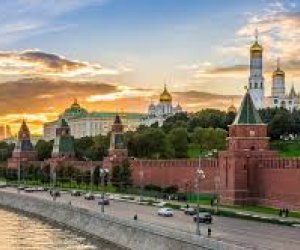
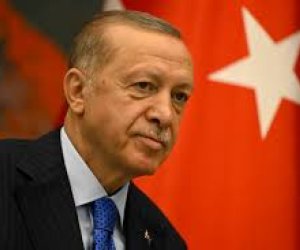

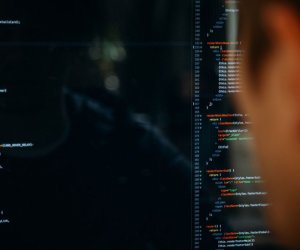

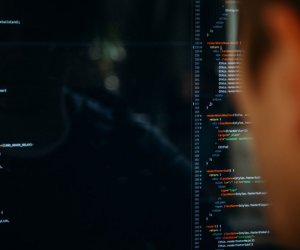
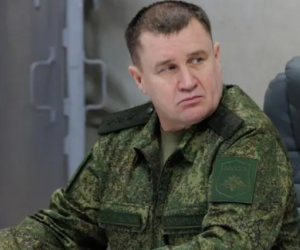
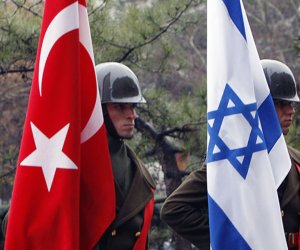
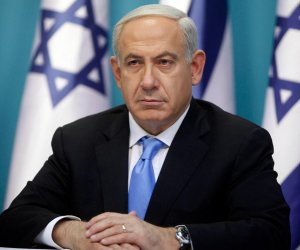



 Photo
Photo 



 Video
Video 

